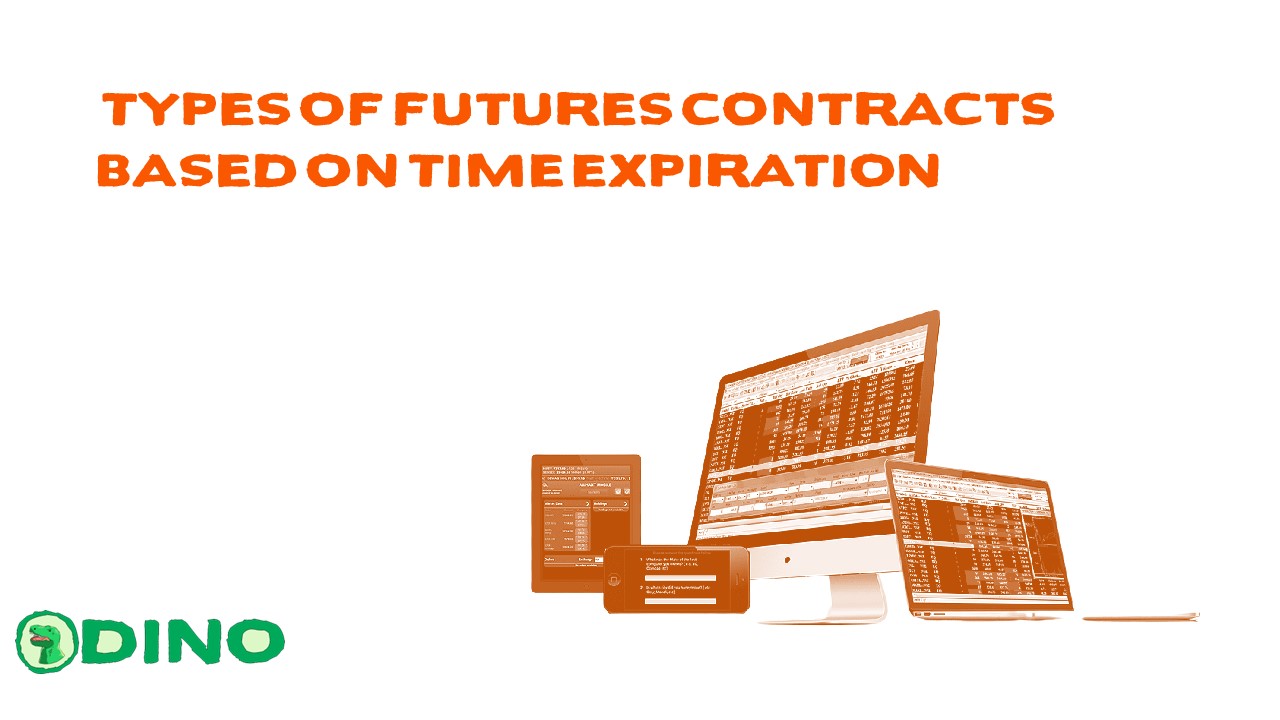By now, you must have known that trading in the financial market, especially the crypto market, is not only in the spot market.
The spot market is where the traded assets are tangible, just like Bitcoin, which is traded directly. But outside the spot market, there is a derivatives market where one of these markets is the futures market.
Explanation of the Futures
Market: The futures market is part of the derivatives market in the entire financial market ecosystem.
The futures market is filled with trading financial assets in futures contracts and agreements.
The agreement is to sell or buy an asset in the future at a predetermined price at this time.
There are two most common futures contracts: perpetual futures contracts and quarterly.
Futures Contracts A futures contract is a tradable financial instrument in which the contract is based on an asset. For example, one of the futures contracts in the crypto world is the Bitcoin futures contract.
Types of Futures
Contracts Quarterly
This type of futures contract has a quarterly expiration every three months.
Generally, the contract expires in March, June, September, and December.
Expiration occurs in that month because that month is the month the quarter ends.
The month’s expiration date generally occurs around the 24th, 25th, and sometimes the 31st, as in December.
Examples of futures contracts with quarterly expiry times generally have a name or ticker expiration date.
In the FTX exchange, for example, Bitcoin futures contracts with expiration in June or the end of the second quarter are written as BTC-0625.
The contract is in the futures column and generally means a Bitcoin futures contract with an expiry date of June 25th.
Possible Expiration
When the contract expires, three possibilities can occur: allowingit to pass without value or loss, rolling, or making settlements.
Rolling is a position-holding method whereby a contract holder continues his position in the futures market with another contract with a more extended expiry date.
An example is when the March futures contract expires, the owner can continue his position by settling it and swapping it for the June contract.
This is done with the help of the exchange, which keeps the position unchanged.
Settlement is a second way to cash out a position to take the profit or loss made on the futures contract.
There are two ways of settlement of futures contracts: physical payment or settlement with the underlying asset and cash settlement or settlement with money.
Physical settlementgenerally occurs in tangible assets such as the commodity market and happens automatically.
With this settlement, the owner of the contract will settle its ownership by deduction through the underlying asset of the contract.
For example, if the March Bitcoin futures contract expires and a profit occurs, the exchange or broker will automatically provide the profit in Bitcoin.
However, in the event of a loss, the exchange or broker will reduce the Bitcoin the contract owner holds according to the loss in the futures contract.
Cash settlement is a settlement in cash directly, where when a settlement of a futures contract occurs at expiration, the loss or gain is given in money.
For example, if the March Bitcoin futures contract expires and a loss occurs, the exchange or broker will automatically reduce the amount of money held.
However, the exchange or broker will automatically reward the profit in cash if there is a profit.
Perpetual Futures Contracts
Apart from quarterly futures contracts, there is one other type most traders use in financial markets: perpetual futures contracts.
Unlike a quarterly contract, this contract has no expiration date, so its name is perpetual, which means it never expires.
Generally, these futures contracts are written with the suffix”PERP”as an example of a perpetual Bitcoin futures contract that will be written BTC-PERP.
With this contract, there is no expiration time, so it moves naturally like a real asset and is driven by demand and supply.
This contract is generally also used for hedgingor security of positions in the spot market for the most reliable traders.
However, hedging is not limited to perpetual futures contracts, as many traders also use quarterly futures contracts.
All settlements and properties of futures contracts on today’s exchanges, especially on crypto exchanges, will be implemented and happen automatically through the exchanges.
But, it becomes essential to understand what instruments can be used to generate profits.
Difference between Futures and Option
Futures is an agreements to trade the underlying asset at a predetermined price. Both buyer and seller are required to transact on that date.
Futures are standard contracts traded on an exchange that can be bought and sold by investors.
An option gives the right, but not the obligation, to buy or sell a specific asset at a particular price on a specific date. There are two types of options: call options and put options.
Advantages of Futures Contracts
- Pay less commission for trading activities using futures investments than other investment options.
- They are financial instruments that provide high liquidity.
- Futures contracts allow investors to reverse positions and make it possible to open short or long positions.
They provide high leverage to get maximum profit with limited investment.
Disadvantages of Futures Contracts
- Some investment strategies can lead to high risk due to the influence exerted by future contracts
- Usually follow a set standard for defined amounts and terms, which gives fewer flexibility options in investing
- Only partial hedging facilitated by Futures Contracts
Consequences of low commission fees can be over-traded by traders
More News About Crypto : NEWS
Follow our Twitter : https://twitter.com/DinoDapps



